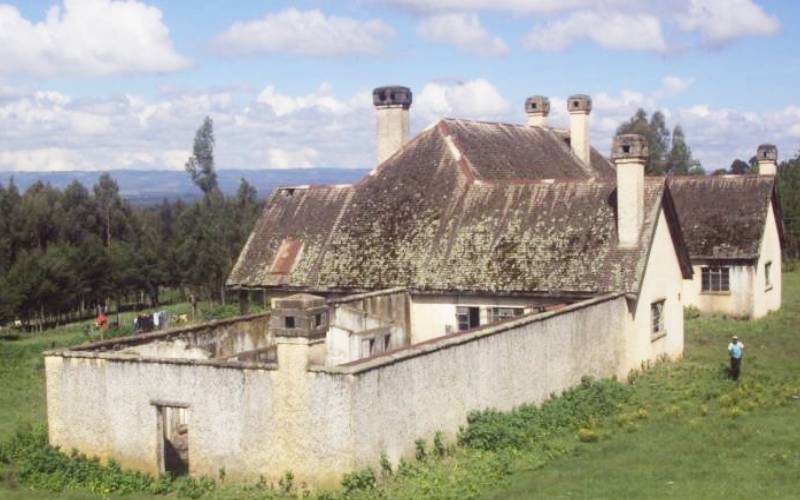×
The Standard e-Paper
Fearless, Trusted News

Lieutenant-Colonel Alistair Monteith Gibb owned this house, 15km from Ol Kalou and hugging the Aberdares. Notice the shingles roof and servants’ quarters attached to main house-a rare design in colonial era. [XN Iraki]
Kenya’s colonial history is biased towards the British settlers, missionaries and liberation war, the Mau Mau. It has ignored the Afrikaans - Boers - who lived among the Britons but left before independence. Some Britons stayed on and became part of Kenya’s melting pot.